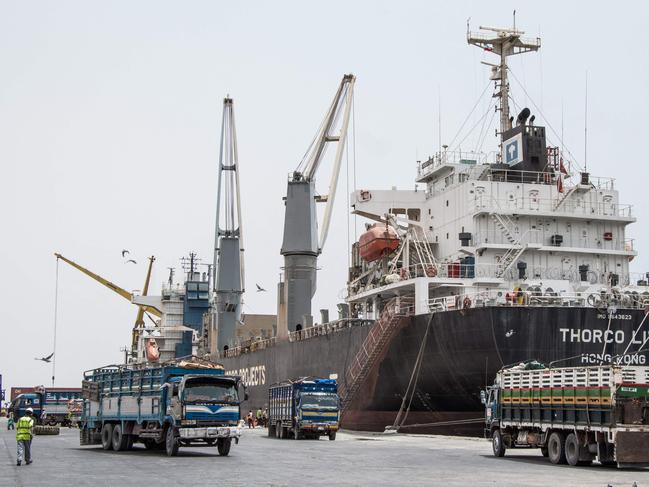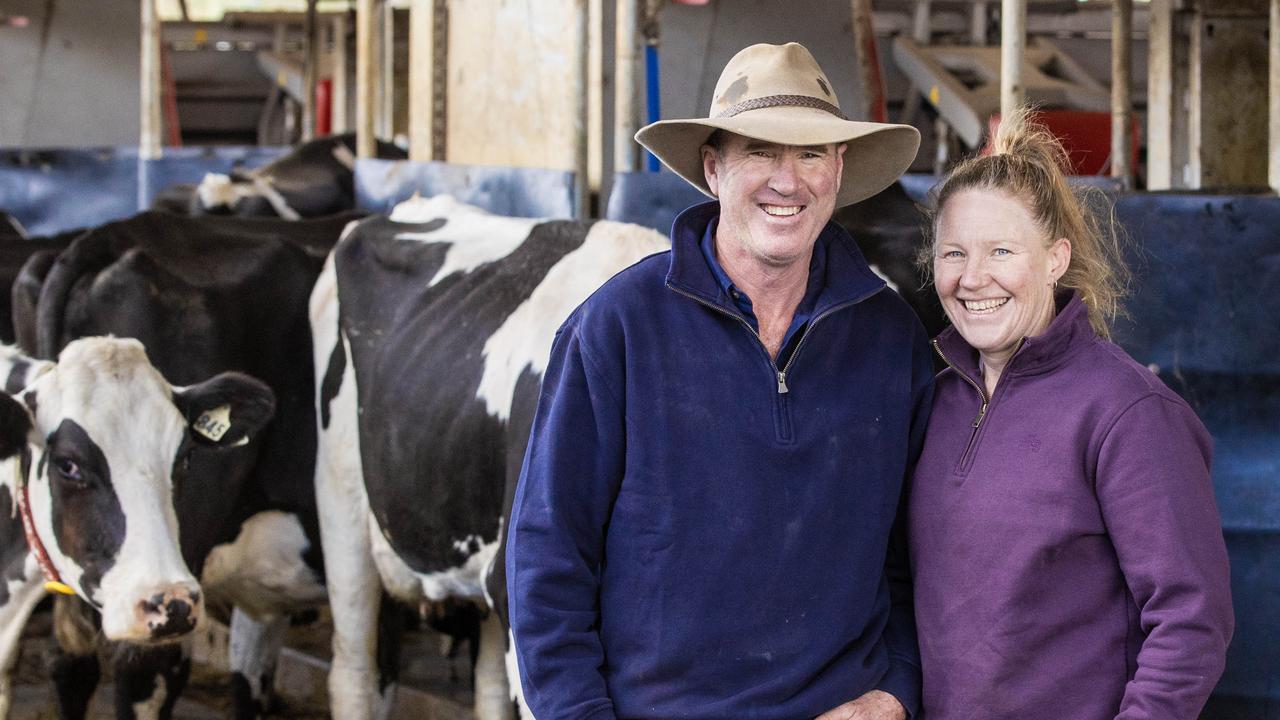Red Sea impasse set to hit Australian agriculture
An armed stand-off between Houthi rebels and the West escalated over the weekend and it’s set to cost agriculture millions.
Australian farmers are on amber alert over the Red Sea dispute, with an armed stand-off escalating in recent days.
Last month, the US set up a multinational naval task force for the Red Sea following a flurry of missile and drone attacks by Yemen’s Iran-aligned Houthi rebels on merchant vessels.
At the weekend, the US and UK launched a joint strike against the Houthis, leading the World Bank to warn of a new rise in food and energy inflation.
The trade choke point is the Bab-el-Mandeb — a 30 kilometre-wide strait which connects the Suez Canal and Red Sea with the Indian Ocean — is a key shipping route between continental Europe and Australia.
At least 10 days are being added to shipments between Australian and European ports, with vessels already re-routing around the Cape of Good Hope.
Former Grain Growers chairman Brett Hosking said with freight vessels only re-routing through the Atlantic in the past few weeks, it was too early to determine the impact.
“It’s an interesting situation in that five or so years ago, there would be a more immediate impact than there seems to be at the moment,” Mr Hosking said.
“Take the Black Sea war (Russia’s invasion of Ukraine) for instance. That would have up-ended the market before covid but things seem to be settling again, despite there seeming to be no resolution in sight.
“It’s still early days with the Red Sea. There was an uptick in barley and wheat prices overnight and perhaps that’s an early indication.”

Open Country Dairy chief executive Mark de Lautour said the stand-off in the strategic strait would create headaches for dairy in 2024.
“While the markets are positive, China is starting to turn on again, suddenly you have a shot across the bows, quite literally with the Suez Canal being closed,” Mr de Lautour said.
“That will create a huge backlog in shipping and costs up. If we can move product to (China) and avoid the Suez as much as possible, that’s what (the sector) will do.”
Prime Minister Anthony Albanese joined with other world leaders recently to warn the Houthis against further attacks.
“Ongoing Houthi attacks in the Red Sea are illegal, unacceptable, and profoundly destabilising,” the PM said in a joint communique.
Mr Albanese noted nearly 15 per cent of global seaborne trade passed through the Red Sea, including 8 per cent of global grain trade, 12 per cent of seaborne-traded oil and 8 per cent of the world’s liquefied natural gas trade.





